Home / Albums / Tag Place:Russia 8

 New Environs of Ekaterinburg
New Environs of Ekaterinburg Plan of Ipatiev’s House and Grounds and of Upper and Basement Floors
Plan of Ipatiev’s House and Grounds and of Upper and Basement Floors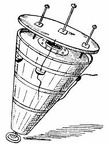 Submarine Mine laid by the Russians in the Crimean War
Submarine Mine laid by the Russians in the Crimean War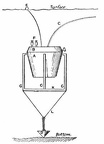 Russian Mine laid in the Baltic in the Crimean War
Russian Mine laid in the Baltic in the Crimean War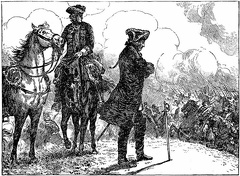 Frederick stood on the bloody field like one dazed
Frederick stood on the bloody field like one dazed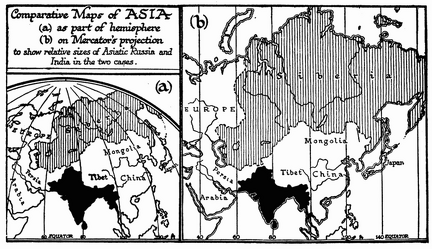 Comparative Maps of Asia under Different Projections
Comparative Maps of Asia under Different Projections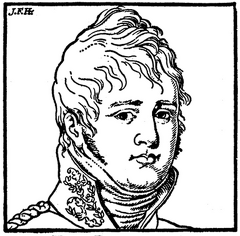 Tsar Alexander I
Tsar Alexander I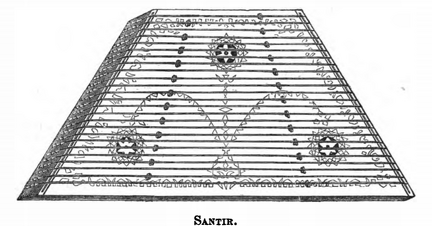 Santir
Santir



